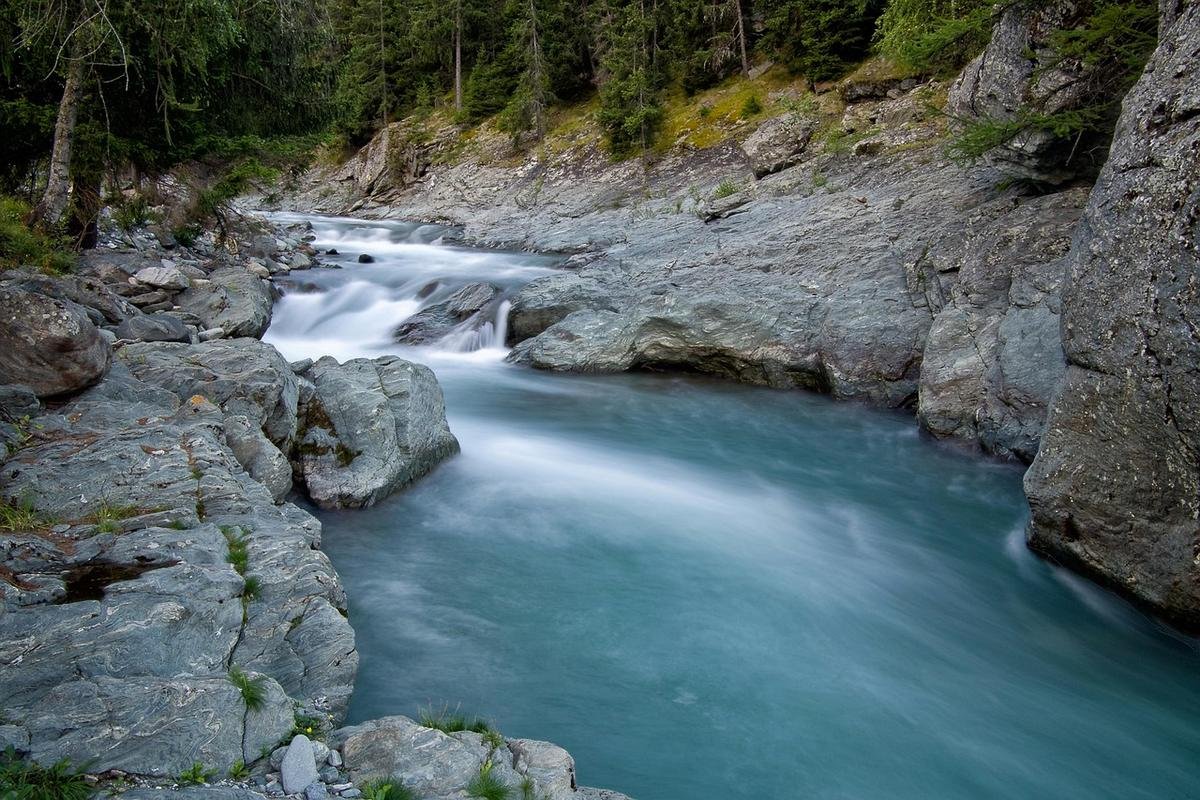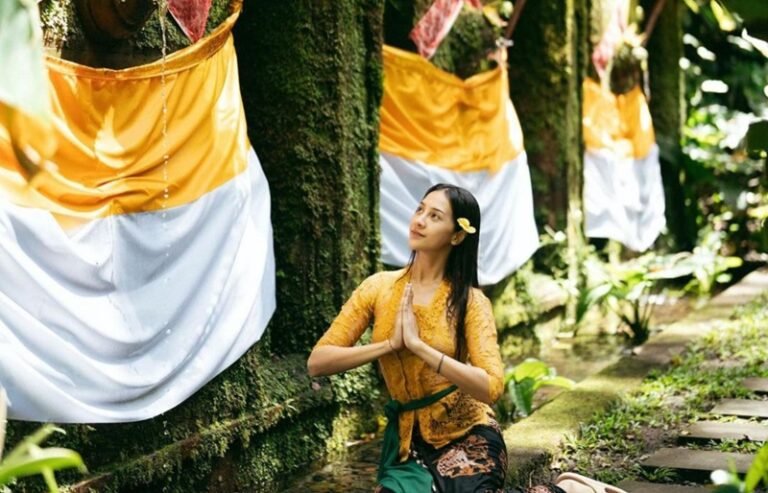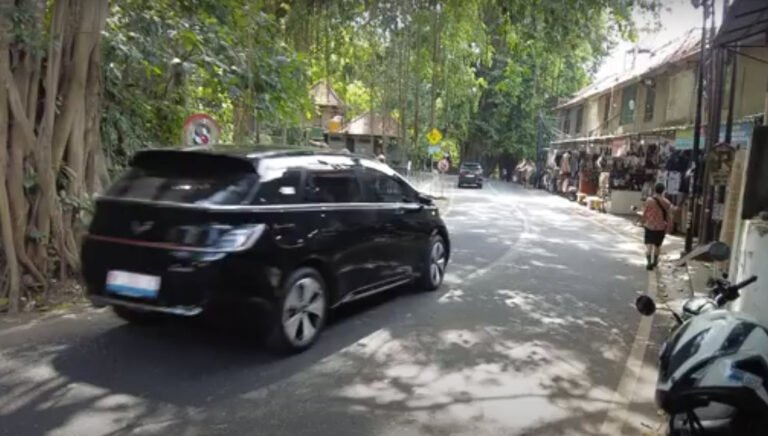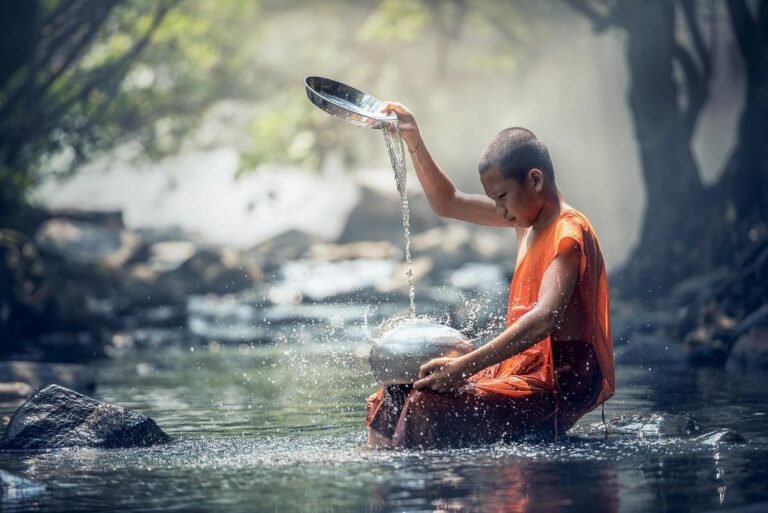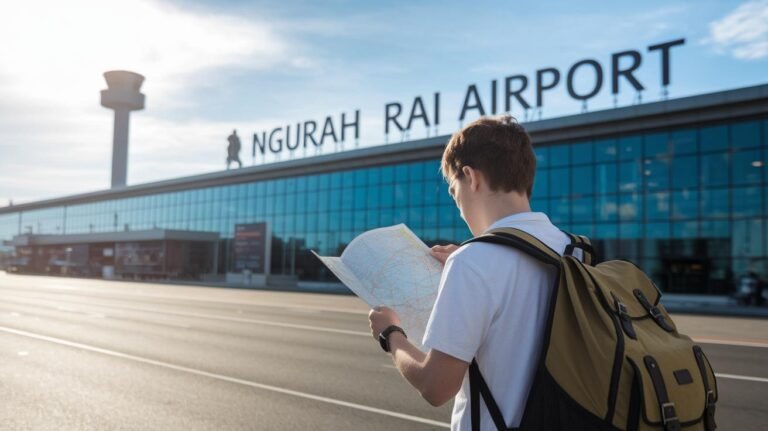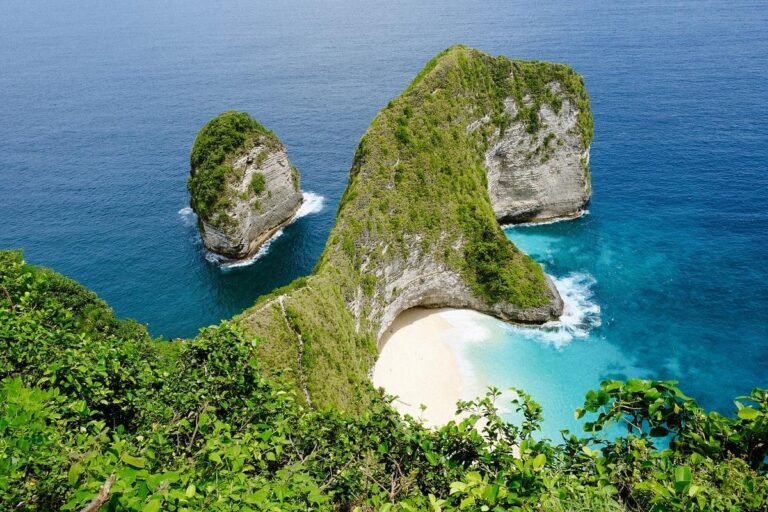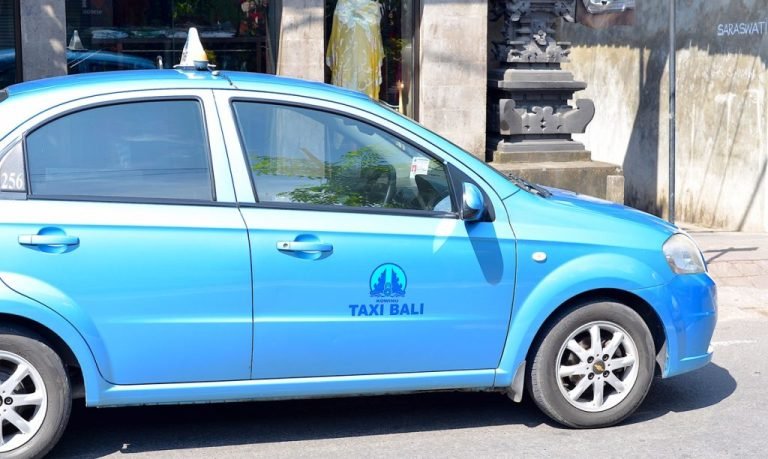Sacred Telaga Waja Channels Mount Agung’s Pure Waters to Bali’s Coast
Known locally as the river born from a sacred mountain, Telaga Waja emerges from a cluster of springs at the base of Mount Agung, including Lipang, Arca, Yeh Sah and the Telaga Waja spring itself. From these tiny sources, a strong current takes shape, delivering crystal-clear water that nourishes Eastern Bali. Balinese Hindus regard this flow as tirta amerta (the water of life), a symbol of purity and harmony. Local priests often draw upon its waters for melukat, a sacred cleansing ritual rooted in Balinese tradition.
As the lifeline of the Karangasem community, Telaga Waja courses through Karangasem Regency, flowing past Rendang and Muncan Village, cutting across valleys toward Klungkung and the Bali Sea. The river sits about 60–65 kilometers from Denpasar, a roughly two-hour trip by private car or tour transport. Many visitors charter small vans or drive independent cars to reach its banks. Local farms and plantations draw irrigation from its waters, and the Karangasem PDAM taps in for municipal supply. The PDAM system treats and distributes this water to schools, shops and small industries across the regency. This freshwater corridor supports both agriculture and household needs. From rural growers to urban residents, countless people depend on this river.
A paradise for rafting enthusiasts, Telaga Waja invites thrill-seekers to tackle a 14–18 kilometer rafting stretch with Grade III–IV rapids. Fast-moving water sweeps rafts past limestone outcrops under a canopy of tropical forest, as glimpses of terraced rice paddies and hidden waterfalls punctuate the trip. Tour operators provide helmets, life jackets and local guides who know every bend and bloom along the banks. This route ranks among the most sought-after rafting adventures in Bali and across Southeast Asia. Trips run year-round: dry-season flows remain steady and friendly for novices, whereas rain-swollen rapids can push adrenaline levels sky-high for experienced paddlers. Groups launch from several put-in points, offering half-day and full-day packages. The moderate Grade III–IV level suits families with older children, and many paddle sessions include a riverside lunch amid the greenery.
Reflecting a harmony of nature, culture and spirituality, Telaga Waja also stands as a testament to the Balinese Tri Hita Karana philosophy, which teaches the need for balance between humans and the Divine, among communities, and with the natural world. The concept’s three pillars—connection with the Divine, fellowship among people and respect for nature—play out along the river’s course. Its flow nurtures rice fields and temple gardens, and its water appears in countless ceremonies. Priests carry vessels filled from the river to perform offerings, and villagers visit its banks to collect tirta for sacred rites. In every drop, people find a bridge uniting daily life with spiritual practice.
For travelers seeking a deeper perspective, this river provides a window into Bali’s rural heart and sacred traditions. The drive from Denpasar brings travelers through emerald valleys and cluster villages before they reach the riverbanks. Guests often pause to admire stone shrines draped in offerings. A day on Telaga Waja leaves impressions on muscles and mind, and a deeper sense of how faith, culture and the island’s landscape flow together on the Island of the Gods. Many visitors pause along the banks to photograph reflections or to meditate in quiet corners. Local boatmen navigate with expert care, guiding rafts toward secluded pools and swirling eddies most people miss.

